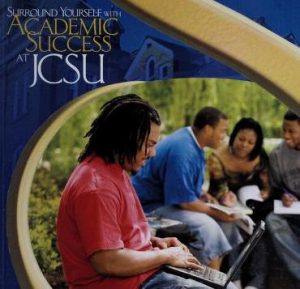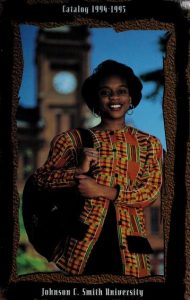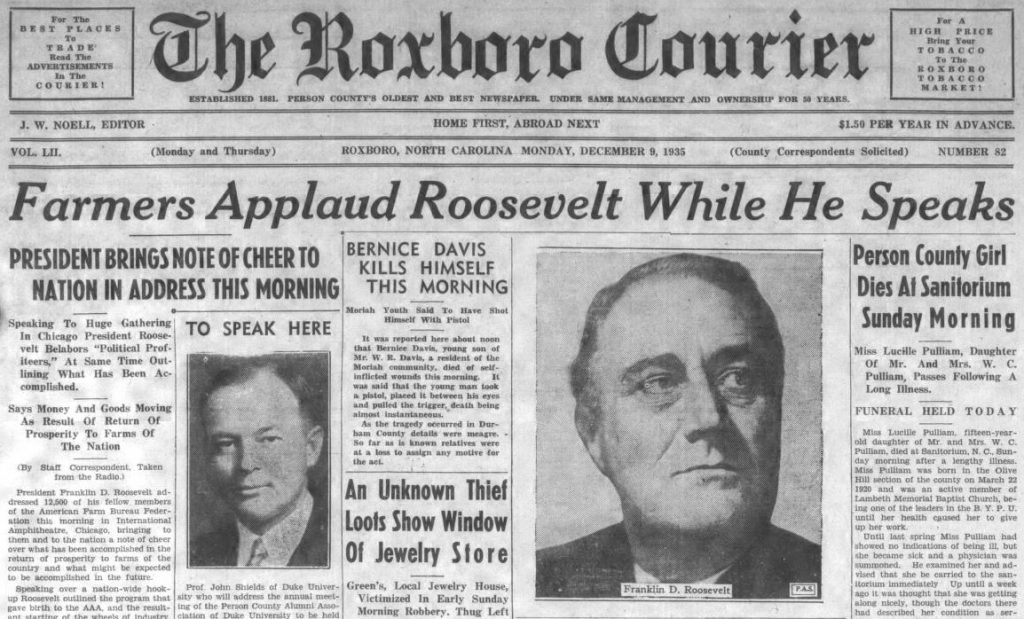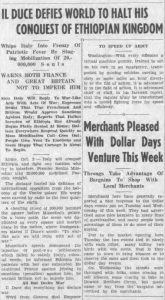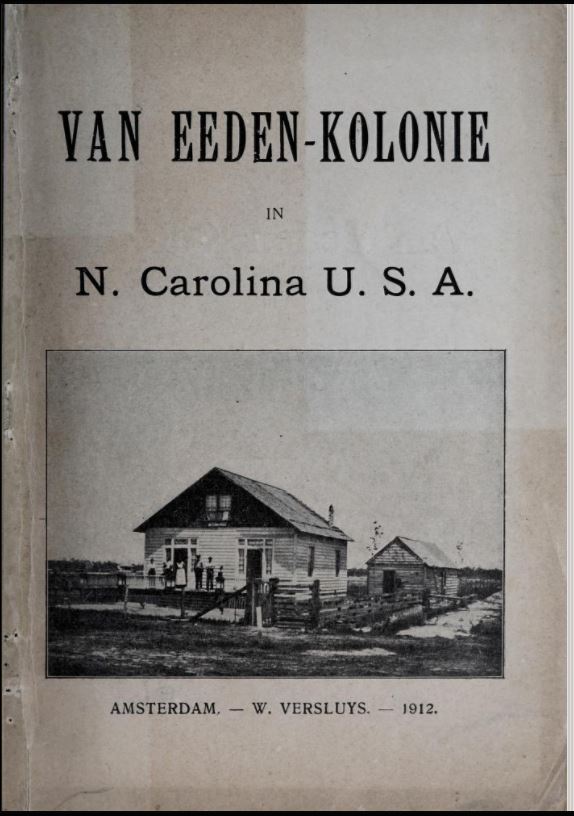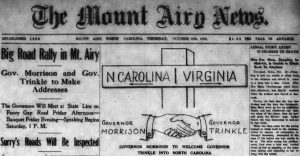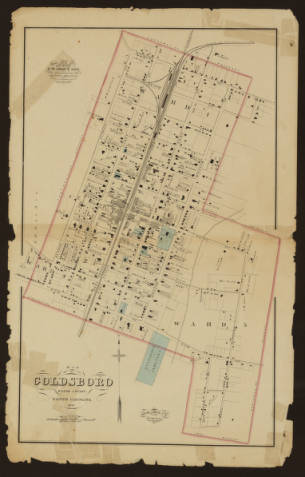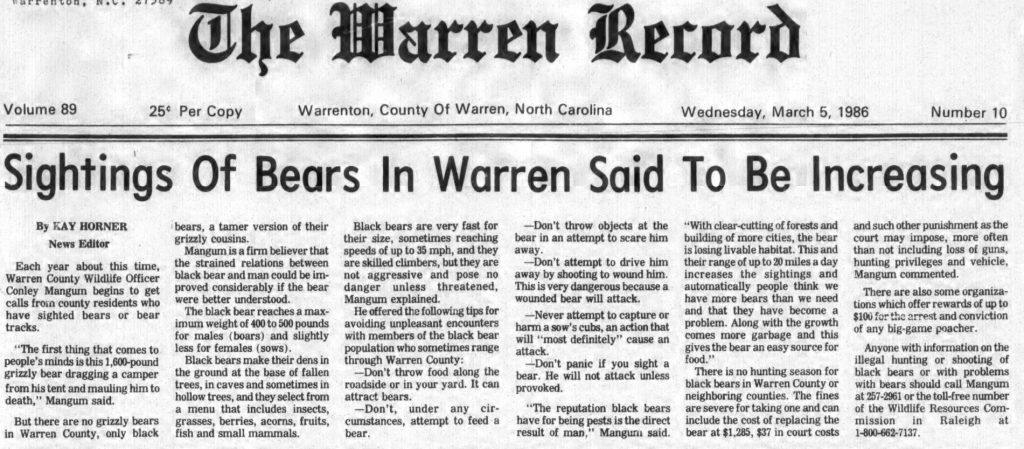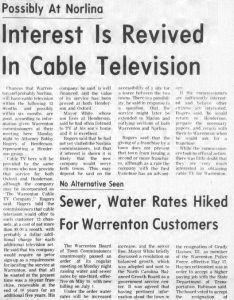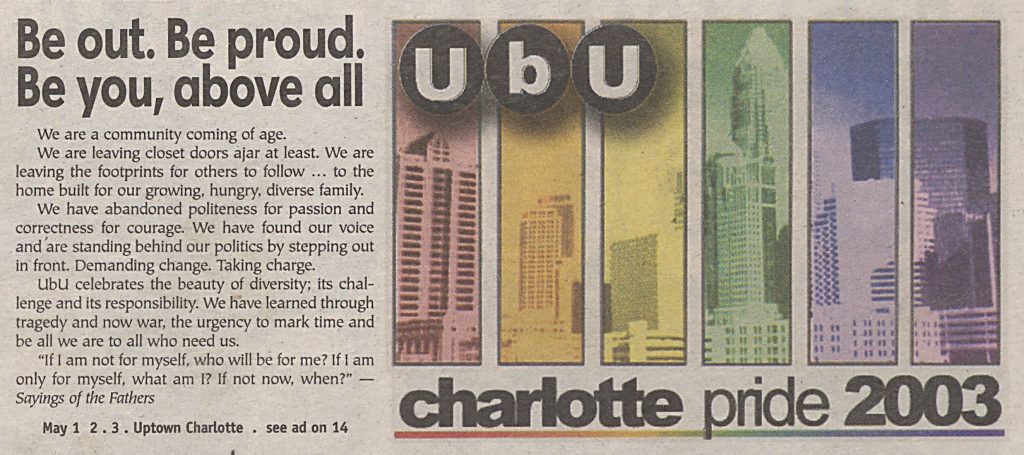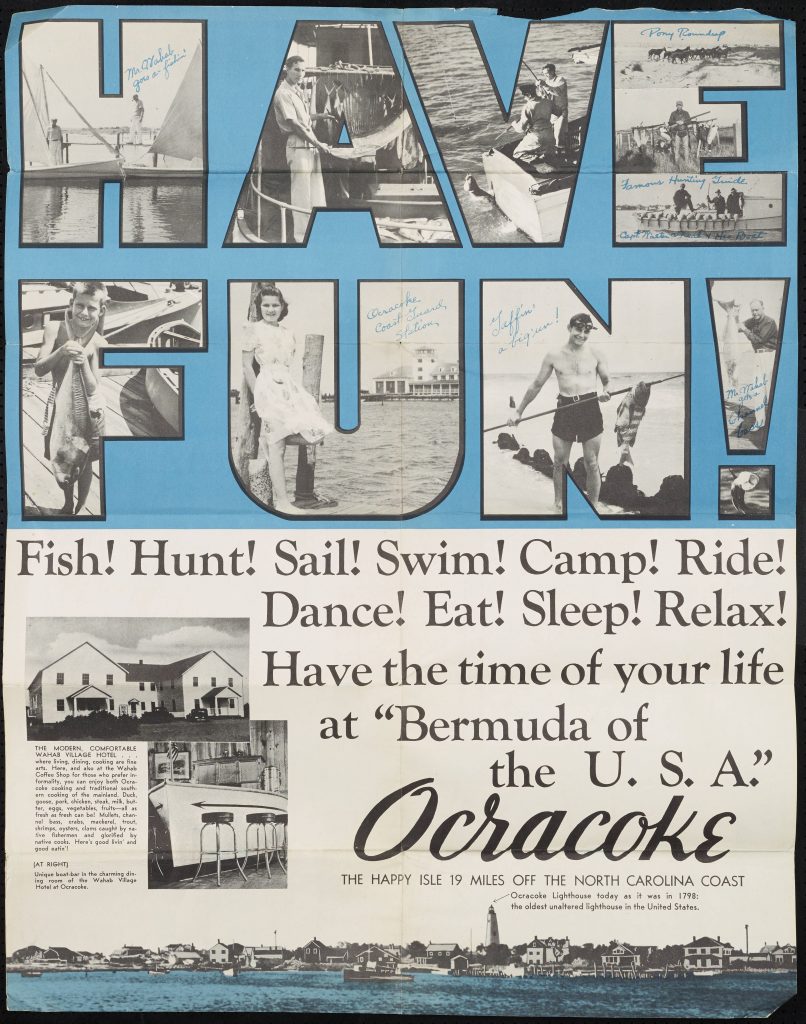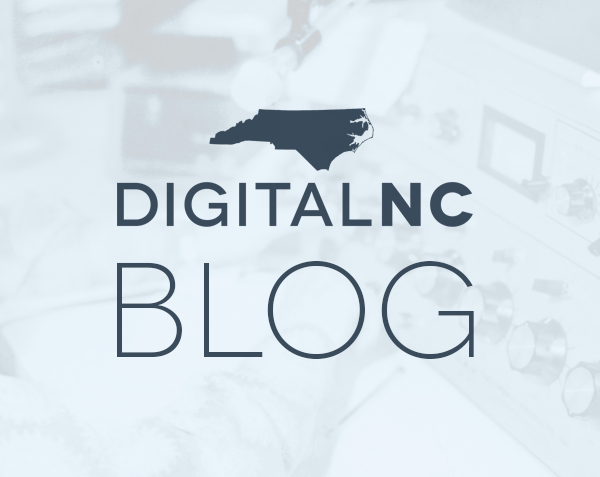We are one of 29 finalists for the Institute of Museum and Library Services 2018 National Medal for Museum and Library Service. Now through April 13, IMLS is asking the people who have been impacted by the Digital Heritage Center to share their stories. If you have a story you’d like to share, we’d love to hear from you! Please contact us or share via social media by tagging us on Facebook (@NC Digital Heritage Center) or on Twitter (@ncdhc).
Today’s story comes from Ross Cooper, Adult Services and Reference Librarian at Watauga County Public Library. We’ve worked with Watauga County Public Library to digitize a wide variety of photographs from their “Historic Boone” collection. They have steadily increased their local capacity for digitization and now make collections available to a broader audience at Digital Watauga.

Boone Elementary School Students, 1913 (Detail), Shared by Watauga County Public Library
“As a Reference Librarian at the Watauga County Public Library in Boone, North Carolina, I was fortunate to have been present when, with the help of the North Carolina Digital Heritage Center, our institution became first involved with historic preservation and digitization. A local group called Historic Boone wished to bequeath the historic images which their group had gathered, described, and cared for over several decades into the caretaking of our library, some ten years ago. Our then-County Librarian accepted the items and made a space for them. I was privileged at about the same time to attend a North Carolina Library Association annual conference presentation in which Nick Graham and Lisa Gregory of the University of North Carolina and the State Library of North Carolina presented on the ways that small public libraries and other institutions with limited resources might take some small steps towards preservation, scanning, and digitized sharing of materials within their collections which hold historical significance. This led us to a few small first attempts, including a blog-format web site with a few, piecemeal, scanned images. The offer of off-site digitization by the NC Digital Heritage Center which was additionally presented at this conference eventually led our library to transport the entire photograph archives of the Historic Boone society to the University of North Carolina to be digitized and shared online via www.digitalnc.org.
“The wide-spread community interest engendered by this undertaking and by the readily-accessible web presence was followed by the successful application by our new Regional Director for an EZ Digitization grant funded by the Library Services and Technology Act (LSTA). The NC Digital Heritage Center provided invaluable support, advice, and encouragement as we used this generous funding opportunity to purchase scanning and computing equipment and to fund a year-long temporary part-time position for a digitization technician. Our community was fortunate at this time to have a historian, Dr. Eric Plaag, move to our area and immediately begin actively and tirelessly working with our town, our library, and the local historical society on a number of projects involving preservation and dissemination of historical material. With his generously-volunteered expert advice, the steps which we had undertaken thanks to the NC Digital Heritage Center have now taken root and grown into a locally-based initiative, Digital Watauga, which is a cooperative venture between the Watauga County Historical Society and the Watauga County Public Library. Other local organizations, including the Junaluska Heritage Association, representing our county’s oldest historically African American community, and numerous interested individuals, have contributed to making this new and growing effort a success, on behalf of all of our area’s people. It was only through the expertise, assistance, and support of the North Carolina Digital Heritage Center that any of this work ‘left the ground’! As just one small portion – perhaps the small, rugged, mountainous, Northwestern portion – of the vast array of resources which have been preserved and shared by NC Digital heritage – the strides which we have made in saving and sharing our local history are a testament to the greater work which this institution has done throughout our state, an effort which extends far beyond our local area and our state’s boundaries. I cannot highly enough express my appreciation, personally and as a community member, and I sincerely and heartily endorse the North Carolina Digital Heritage Center as a perfect exemplar of the ideas and ideals which are recognized by the IMLS National Medal for Museum and Library Service.”
